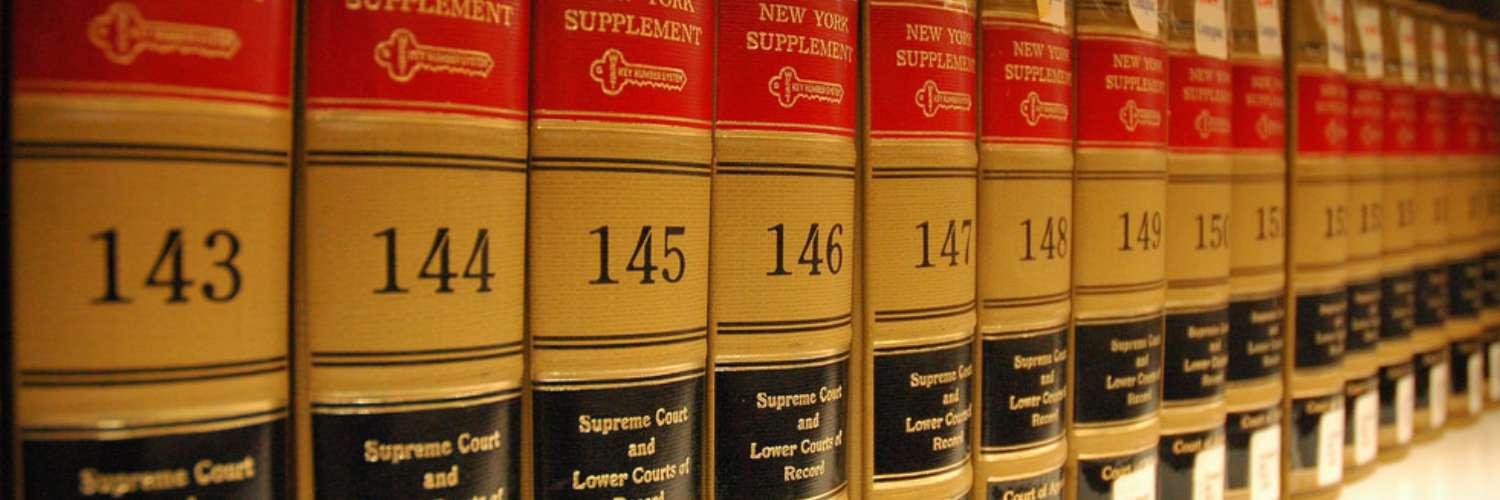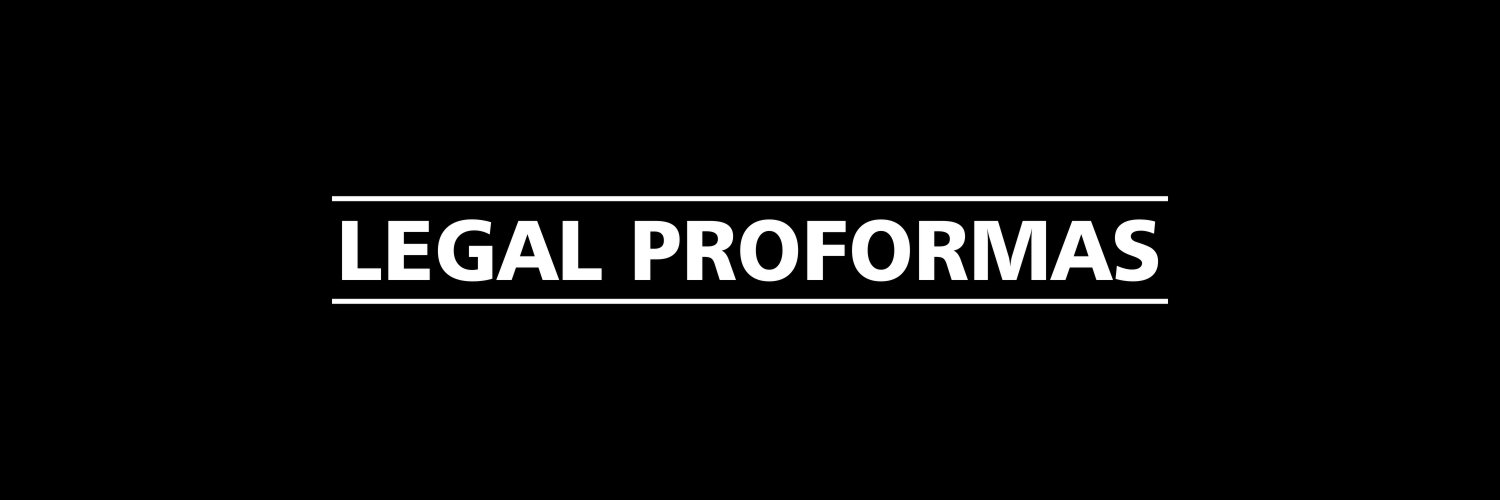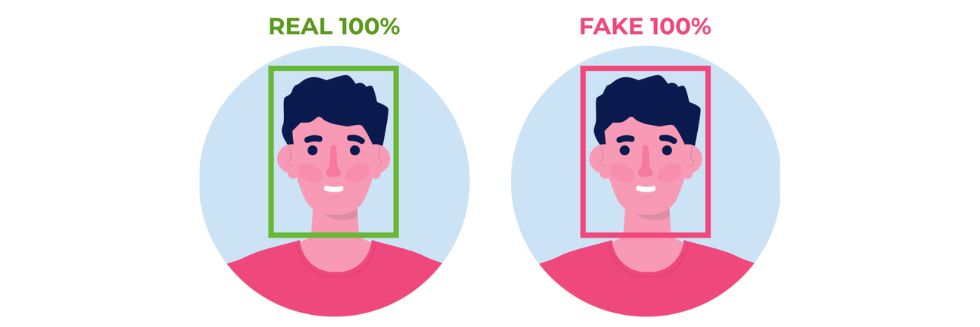Abstract
Advertisements have always been a very significant part of a person’s life. Advertisements are a source of information through which people become aware about a product or a service, in fact, ideally, the purpose of an advertisement is to make people aware about that particular product and it is left upon the discretion of the consumers to decide whether to buy the product or not. They make an informed decision based on the claims made in the advertisement.
With the growing presence of social media in the lives of people nowadays, a more intimate connection is shared between celebrities and their fans or followers. This came as a blessing for the advertising companies as they could now avail celebrity endorsement more efficiently with high trust from their followers/ fans, and with that, advertisements have become more about manipulating the consumers and less about making informed decisions. As a result, lately, there were mushrooming consumer complaints regarding celebrity endorsement and in order to tackle the situation, the Parliament of India, passed the Consumer Protection Act, 2019 which replaced the Consumer Protection Act of 1986. The legislature, along with other major amendments also added the provision of celebrity endorsement under the new Act. This research paper attempts in studying that particular provision in the new Act, the significance of advertisements and also its problems in the current scenario, along with the judicial pronouncements with the help of case laws and also endeavours in suggesting some solutions for the same.
Introduction – Endorsement By Celebrities And Influencers Under Consumer Protection Act, 2019
The Government of India, on July 20th, 2020, passed the Consumer Protection Act, 2019 which took over the Consumer Protection Act of 1986. This was a much-needed step taken by the Ministry of Consumer Affairs, as the old act apparently had lost conformity with the modern-day environment. By bare reading of the act, it can be inferred that the government, with this act, tried to tone down the principle of ‘caveat emptor’. One of the most significant provisions that were added to the new act is the inclusion of celebrity endorsements. It is not a new concept to include celebrities and well-known personalities to promote advertisements, but this trend is only escalating day by day. Secretary of the Department of Consumer Affairs, Leena Nanda, while speaking about the importance and effect of celebrity endorsement has said, “when a celebrity endorses something, the understanding is that consumers take it with some kind of authenticity. Therefore, what are the safeguards that celebrities need to take into accounting, and what are the expectations from them have been explained.”
Also, the recent times of the COVID-19 Pandemic have seen a remarkable increase in the usage of social media. With increasing screen time, businesses also directed their advertising game towards social media, with influencers as their new celebrities, to promote their products and a steep rise in advertisements was seen on social media lately. Therefore, because of the above-given contexts, the timing of the present act is very much beneficial for the country.
Celebrity Endorsement
Even before the inclusion of provisions of celebrity endorsement, courts tackled such cases, for example, in a recent case of Francis Vadakkam v. A. One Medicals and Ors., from Kerala regarding a misleading advertisement endorsed by a significant personality from South India, the CDRC passed judgement in favour of the consumer and imposed fine upon the advertiser and also the celebrity.
Facts of the Case: The complainant Mr. Francis Vadakkam filed a complaint against Actor Anoop Menon and two others. As per the complainant, the Actor endorsed a hair product that claimed hair growth. In the advertisement, the actor stated the following statement: Hair growth is guaranteed. Just within six weeks, the result will be threefold.” The complainant bought the product relying upon its claim, but saw no results, after which he filed the complaint. Interestingly, when cross-examined, the actor said, “I have never used the mentioned product. I only use the hair oil my mother makes for me.” The court passed an order against the Actor for making false promises and hence ordered Anoop Menon to pay INR 10,000 to the complainant, Mr. Farncis Vdakkam. The court further went on to state, “If there were no advertisements, the prices of products will be halved. Thus, the consumer would have been able to save that much amount. Basically, advertisements are a trick to cause a consumerist desire in people. A clever tactic to make people buy useless products. Advertisements should help the growth of an informed consumer culture enabling the consumer to make the right choices by rejecting bogus products.”
The above-given case is only one of the many examples that showcase how celebrities and media personalities are used to increase the brand value of a product, which ultimately leads to an increment in the prices of the products. This is especially mushrooming in today’s world because of the increasing presence of social media. Social media has become a platform for advertisement.
But, no doubt, the new law that specifically includes such provisions, so as to curb the disadvantages of the ever-increasing presence of media personalities or celebrities and influencers, will ease up the decision-making process and also make it binding in nature.
The Consumer Protection Act, 2019
The legislature recognized this problem and in the new Consumer Protection Act, 2019 it specifically added a provision that deals with the same under Section 21 of the Act.
Section 21. Power of Central Authority to issue directions and penalties against false or misleading advertisements.
(1) Where the Central Authority is satisfied after an investigation that any advertisement is false or misleading and is prejudicial to the interest of any consumer or is in contravention of consumer rights, it may, by order, issue directions to the concerned trader or manufacturer or endorser or advertiser or publisher, as the case may be, to discontinue such advertisement or to modify the same in such manner and within such time as may be specified in that order.
(2) Notwithstanding the order passed under sub-section (1), if the Central Authority is of the opinion that it is necessary to impose a penalty in respect of such false or misleading advertisement, by a manufacturer or an endorser, it may, by order, impose on manufacturer or endorser a penalty which may extend to ten lakh rupees: Provided that the Central Authority may, for every subsequent contravention by a manufacturer or endorser, impose a penalty, which may extend to fifty lakh rupees.
(3) Notwithstanding any order under sub-sections (1) and (2), where the Central Authority deems it necessary, it may, by order, prohibit the endorser of a false or misleading advertisement from making an endorsement of any product or service for a period which may extend to one year: Power of Central Authority to refer the matter for investigation or to other Regulator. Power of Central Authority to recall goods, etc. Power of Central Authority to issue directions and penalties against false or misleading advertisements. Provided that the Central Authority may, for every subsequent contravention, prohibit such endorser from making an endorsement in respect of any product or service for a period which may extend to three years.
(4) Where the Central Authority is satisfied after an investigation that any person is found to publish, or is a party to the publication of, a misleading advertisement, it may impose on such person a penalty which may extend to ten lakh rupees.
(5) No endorser shall be liable to a penalty under sub-sections (2) and (3) if he has exercised due diligence to verify the veracity of the claims made in the advertisement regarding the product or service being endorsed by him.
(6) No person shall be liable to a such penalty if he proves that he had published or arranged for the publication of such advertisement in the ordinary course of his business: Provided that no such defence shall be available to such person if he had previous knowledge of the order passed by the Central Authority for withdrawal or modification of such advertisement.
(7) While determining the penalty under this section, regard shall be had to the following, namely:— (a) the population and the area impacted or affected by such offence; (b) the frequency and duration of such offence; (c) the vulnerability of the class of persons likely to be adversely affected by such offence; and (d) the gross revenue from the sales effected by virtue of such offence.
(8) The Central Authority shall give the person an opportunity of being heard before an order under this section is passed.
Section 21 of the new Act extensively deals with manufacturers and celebrity endorsement. In cases of false, misleading advertisements or such advertisements which are prejudicial to the interest of consumers, there are provisions for punishment of fine which may range from ten lakh rupees to 50 lakh rupees; and also, prohibition of endorser from endorsing any product the period of which may range from one year to three years.
Clause 21(5) provides for a defence ground for the endorser. That window is of ‘due diligence’. The term ‘due diligence’ can be interpreted according to the fact and circumstances of cases. But a generalised interpretation has been provided in the Draft released by the Department of Consumer Affairs, ‘Central Consumer Protection Authority (Prevention of Misleading Advertisements and Necessary Due Diligence for Endorsement of Advertisements) Guidelines, 2020’. In Section 15(3) of the Draft, it has been stated that ‘Any endorser who obtains advertising advice from an advertising self-regulatory organisation or a legal opinion from an independent legal practitioner regarding the honesty of statements in their endorsement and its compliance with these guidelines and the Act may be considered to have carried out due diligence for the purposes of his liability under the Act.’
Due diligence by celebrities is rather a controversial term. Celebrities take up all kinds of advertisements and not all the products can be their forte, making it an onerous task for them to test the product. Hence, the execution can be impractical. Rather than such a strict interpretation of due diligence, basic diligence should be given preference. For example, celebrities endorsing ads on disputed whitening creams, come under the law, because it is quite apparent that such advertisements are prejudicial to the interest of society, irrespective of the product fulfilling its claims or not.
Ambiguity Regarding Endorsement By Social Media Influencers
The applicability of provisions of the Consumer Protection Act, 2019 also extends to social media influencers. There is no such definition of social media influencers in the code, but in the case of Marico Ltd. v. Abhijeet Bhansali, the Bombay High Court held that Social Media Influencers are a budding category of individuals who have a large follower base and credibility on the social media space. Also, guidelines released by the Advertising Standards Council of India state that an Influencer is someone who has access to an audience and the power to affect their audiences’ purchasing decisions or opinions about a product, service, brand or experience, because of the influencer’s authority, knowledge, position, or relationship with their audience.
The definition is quite vague in the sense that there is no specific number behind the followers count or audience count that can decide if an influencer can be designated as a celebrity. Now, if this definition is applied to the Act, then it will create an irrational situation because there is a wide range of influencers, from smaller to global. A social media influencer is recognised on the basis of the followers they have and this is what makes them different from the traditional meaning of celebrities. There is no such definite number of followers that an influencer should have in order to label them as a ‘celebrity influencer’. Therefore, this concept becomes very ambiguous in nature. Nowadays, a person with ten thousand followers also influences a certain number of influencers and someone with a million followers also influences those one million followers. When comparing the two, it is in fact clear that the one with one million followers will obviously have more influential power than the other one, but when an overall perspective is taken, then even influencing a small group of people is to be taken into account. As a result of this, it actually becomes very difficult to put a number on the followers list so as to categorise a social media personality into a celebrity.
The amount of fine as mentioned in the Act starts from 10 lakh rupees, which, while may not be that much of an amount for global celebrities and influencers, can be impossible for smaller influencers to pay. Therefore, the same punishment will have a different impact on different offenders, and this should certainly not be the intention of the legislation. But we cannot ignore the trust value of the influencer which will ultimately fall if he/ she is caught doing any such Act, and which will also ultimately impact the future endorsements of the influencer.
The solution
- The factor of due diligence should be interpreted in such a way that a harmonious construction is created between the Consumer Protection Act and the Right to livelihood given under Article 21 of our Constitution.
- As the social media market is taking a high pace day by day, it is high time that ‘influencer’ should be properly defined in the Act, without leaving any ambiguity.
- Lastly, the fine imposed under the Act should be such that it is not partial or biased towards any particular group of influencers.
Conclusion
By passing the Consumer Protection Act of 2019, the legislature has undoubtedly moved forward by replacing the 1986 Act, as law must not be stagnant, it should always be adapted as per the demand of the situation. Nonetheless, the judiciary has also contributed to development in the Consumer Protection area by pronouncing rational judgements. In particular, the celebrity endorsement clause is undoubtedly an indispensable part of the Act, but like most other new acts, this act also requires a few changes for it to become more suitable.
This article is written and submitted by Varsha Kumari Mishra during her course of internship at B&B Associates LLP. Varsha is a law student from Law College Dehradun, Uttaranchal University.









